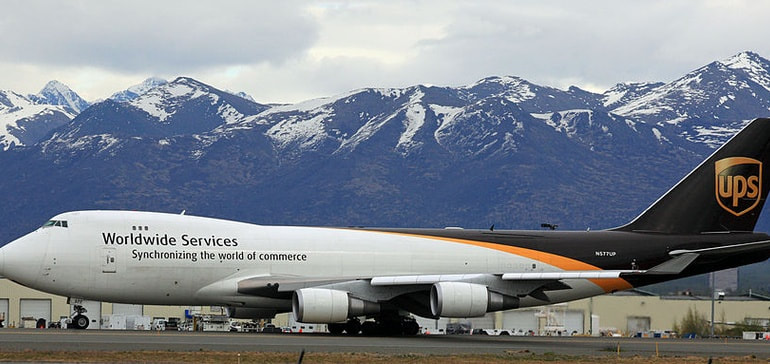Please see this document for details:
|
UPS continues to provide essential service amid the ongoing coronavirus outbreak to support the needs of their customers. Their goal is to ensure businesses and customers are able to meet their shipping needs while demand has increased for shipping services.
Please see this document for details: UPS negotiates pricing 'customer by customer' as shift to residential delivery hits profits5/28/2020
Dive Brief:
Dive Brief:
With over 13 billion parcels being shipped across the country in a single year, it's all too easy to sign your shipping contract and let your carrier carry on even when there are rate increases. But it's vital to consider how changes in your shipping contract impact your business and to identify what you can do to combat increasing shipping expenditures. When you review your carrier contracts, you put yourself in a good position for parcel contract negotiation and FedEx and UPS contract pricing optimization. That being said, there are a few things you need to keep in mind when conducting parcel contract negotiation. Here are a few tips to help you navigate the complexities of carrier contracts: Review your shipping data It's impossible to identify where you can save money on your shipping contract without looking back on past shipping history and parcel expenses. However, it can be tricky to review your shipping data alone if you're not entirely sure what to look for. AFMS has the parcel pricing experts you need to review your shipping data and parcel expenses to find where you may be able to save money and strengthen operations. Avoid the carrier GSR waiver You never want to sign a GSR waiver when you're negotiating your shipping contract or renewing your contract. Also known as a Money-Back Guarantee waiver, a GSR waiver prevents a shipping client from recovering the costs to ship a package if the carrier delivers the package late. This removes any accountability from the carrier to deliver packages on time. You never want to sign a contract that keeps your business from capturing refunds or gaining money back when those refunds are justified. Consider having your parcel contract auditing service take a look at the number of times your carrier has delivered packages late from your business to get a better idea of just how much a GSR waiver could hurt your company. Remember that you're negotiating on your terms It's crucial to remember when you're going through a parcel contract negotiation that you need to negotiate on your terms, not your carrier's terms. You can negotiate your contract whenever you want, not just when your contract is nearing its expiration date. Re-negotiating when it works best for you is far more beneficial for your business than waiting until the last minute. It's also important to note that you never want to sign a contract that keeps you from re-negotiating or keeps you from exiting a contract early. Need help with your parcel contract negotiation? AFMS has you covered. We offer professional parcel contract benchmarking and parcel contract optimization to ensure you're never being overcharged for your shipping. To learn more about parcel contract negotiation and our other services, contact AFMS today.  Carriers guarantee the on-time delivery of all Ground and Express packages. However, did you know that many are not delivered on time? If one of your packages arrives late by one minute or longer, you can recover 100% of the shipping charges under their Service Guarantee Policy. When your business is paying for shipping, you're not just paying for your parcels and transportation. You're also paying for fuel, zones, residential charges, and surcharges that you may not actually owe. It's important to have visibility in and access to your transportation spending. Without it, you could be paying additional fines you might not know about. The good news is that there are a few ways you can prevent paying for added fines. Here are a few tips to keep in mind when working with your shippers.
|
Categories
All
Archives
January 2024
|




